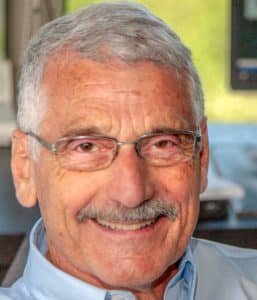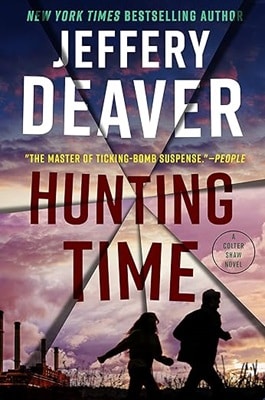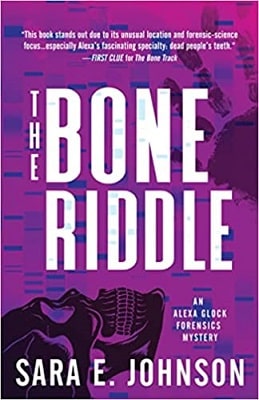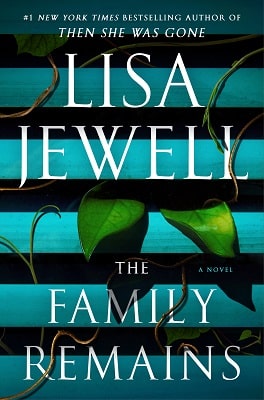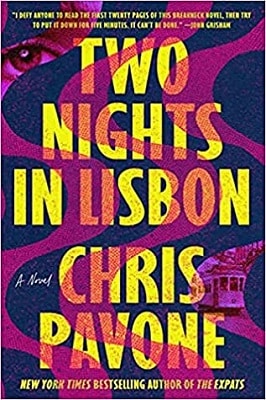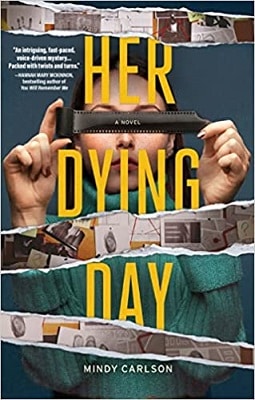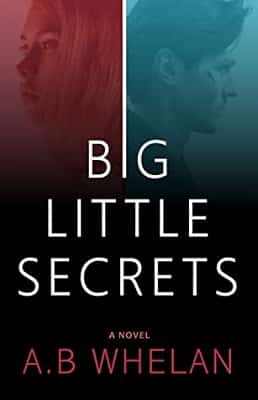
What I learned from Rick Mofina at Bouchercon
by Del Chatterson
Before commenting on Bouchercon-2022 in Minneapolis, I must first acknowledge how impressed I was with Minneapolis! A beautifully maintained, attractive, vibrant downtown centre; a model city core that we Montrealers can only dream of after the nightmares of destruction and reconstruction spoiling our joie de vivre for the last decade.
Back to Bouchercon-2022, continuing my year of re-engaging with the real world – writers, readers, friends and fans of crime fiction – who have been restricted to Zoom and social media connections for too long. Like the ThrillerFest conference organised by International Thriller Writers (ITW) in NYC in June, this conference by Mystery Writers of America (MWA) was another exceptional opportunity to meet and learn from the best-in-class. Sorry, I know it can be confusing to follow all the acronyms and code words of the secret society of crime writers, I’m still learning them myself. Fortunately, we’re not that secretive. Writer-to-writer and writer-to-the-world, we’re dedicated to using our words and our stories to share our life experiences, the lessons learned, the values and beliefs that we have, in the hope that we will be entertaining, informative, and even inspirational.
So let me tell you about Bouchercon, a conference of writers, readers, and industry professionals; and about Mystery Writers of America (MWA), who organize the conference annually. Mystery Writers of America was born 77 years ago (1945) and has over 3,000 members worldwide with writers and publishing industry professionals involved in all mystery and suspense genres – thrillers, historical, sci-fi, police and P.I. procedurals, cozies, gothic, noir, and true crime. There are a lot of genres and they have very grey, fluid boundaries. The MWA logo is an image of the original scary mystery writer, Edgar Allan Poe. Bouchercon (pronounced like voucher) started in 1969 and was named in memory of Anthony Boucher, a prominent writer and literary critic working in California. The Bouchercon conference is held annually in the fall and hosted in different cities by the local chapter of MWA.
What did I learn at Bouchercon-2022 in Minneapolis?
Again I was reminded to keep reading, writing, and talking to other writers and also to learn from the readers and other professionals in publishing and book marketing at the conference.
The conference opened with an excellent workshop on developing the novel; then there were dozens of panels on writing, publishing and book marketing; interviews of highly acclaimed authors and recognition of the best writing in various categories with the annual Anthony Awards ceremonies.
The opening workshop on plotting a novel was called BOOK in a BAG, a methodology developed by Jess Lourey, bestselling author and former professor of creative writing. It was an excellent presentation of simple practices for getting started by organizing ideas and plot points on a set of re-arrangeable cards: Story A and Story B; the inciting incident; the climax; secret clues and connecting scenes. It was a great exercise to use the technique and turn a story idea into an initial rough outline for a new novel.
Of course, presentation of the technique prompts the over-used and clichéd question of authors, “Are you a plotter or a pantser?” More code words. The translation is: “Do you outline in detail and have your complete plot determined in advance; or do you fly-by-the-seat-of-your-pants?” A one-word answer is impossible. The answer is never one or the other, it’s always a bit of both, “… somewhere on the spectrum between the extremes of a tightly organized and controlled process and an entirely spontaneous stream of consciousness.”
Every author has a different process, sometimes adapted differently on each book, and none of them are good at understanding how or why it works, but they all say, “Figure out what works for you and just keep at it.” Many writers talked about the authors the recommended as role models for great writing in a particular genre or for the demonstration of particular elements of the craft.
Quotes and concepts for further consideration:
- It’s literary if only you could have written it. It’s commercial if you’re following the lead of someone else.
- For agents and publishers, it has to be a love match with the book and the author. If there’s no passion it won’t work.
- The protagonist may be an unreliable narrator, even a liar; but the author cannot be.
- A standalone novel is easier than a series, for both the reader and the writer, because neither is required to bring the personal details of every character and backstory accurately from one novel to the next.
- Small indie publishers supporting indie authors may be the most effective bridge from self publishing to traditional publishing.
- For new authors to grow readership it’s important to establish a relationship with local indie bookstores in regional markets.
- Short stories published in magazines and anthologies may be another path for new writers to improve their skills and to gain recognition in their genre.
- Writers should be hard on their heroes. Make their lives difficult and dangerous. Character is revealed in conflict – both the good and the bad.
- Recommended reading for writers: Stephen King’s On Writing and Mystery Writers of America’s anthology How to Write a Mystery.
Among the many inspiring panels, I had the great pleasure of listening to Rick Mofina on a panel discussing Power & Privilege. Rick is a fellow member of Crime Writers of Canada and a widely acclaimed international best-selling author. He is very generous with his time and willing to share his experience with other authors, especially some of the gripping stories that were part of his own experience as a crime reporter and journalist before writing fiction; an impressive career given the humble admission that his high school English teacher gave him a reluctant B+ and suggested he should look elsewhere for employment.
That story was a reminder of my own high school experience affecting my plans for a writing career. I was very good in English and considered following that path until I was thrown out of journalism class with the explanation, “Chatterson, this is a vocational course and you’re in the University Program!” So I took the teacher’s geography course instead and went on to university for a degree in engineering and then an MBA followed by a long boring career in business. None of the exciting opportunities for crime. mystery, or suspense that Rick Mofina had as a journalist working with the RCMP, the FBI, and Interpol and interviewing terrorists and murderers. He collected much better material than me for his future thrilling crime fiction novels.
The advice from Rick Mofina and other writers is to mine your experience for good stories then add your own creativity and work at improving your skills in the writing craft to make the stories more interesting and entertaining. Keep writing until it’s good enough to be shared.
However, it was on the subject of a journalist’s and writer’s shared purpose that I found Rick Mofina’s comments most inspiring. Especially for the approach to social commentary in both journalism and commercial fiction on current social justice and political issues related to power and privilege. Rick stated that he has always been guided in both his journalism and crime fiction by the intent to “Comfort the afflicted, afflict the comfortable,” a quote which he subsequently explained comes from the Chicago humorist Finley Peter Dunne, who in the early 1900s wrote a popular syndicated column featuring the distinctive voice of Mr. Dooley in which he spoke of the purpose of journalism.
It’s a guideline worth remembering when the editor asks the author to remove commentary that may offend some potential readers. If that was the intent, then you’ve hit the mark. Don’t forget the purpose of the writing may be to do more than inform or entertain. The author may disguise the message or keep it subliminal and the reader may not even notice it, but the ability to attract and hold an audience should not be entirely wasted on brainless entertainment. Some thought-provoking ideas may be worth sharing and will add value for both the reader and the writer without spoiling the fun.
Enjoy your reading and writing!
About the Author
An entrepreneur, business advisor, consultant, coach and cheerleader for entrepreneurs, Del Chatterson has written extensively on business topics for decades. He is now writing fiction with his series of Dale Hunter crime novels and a short story collection in progress. Originally from the Rocky Mountains of British Columbia, Del has lived and worked for the past forty years in the fascinating French-Canadian city of Montreal, Quebec.
